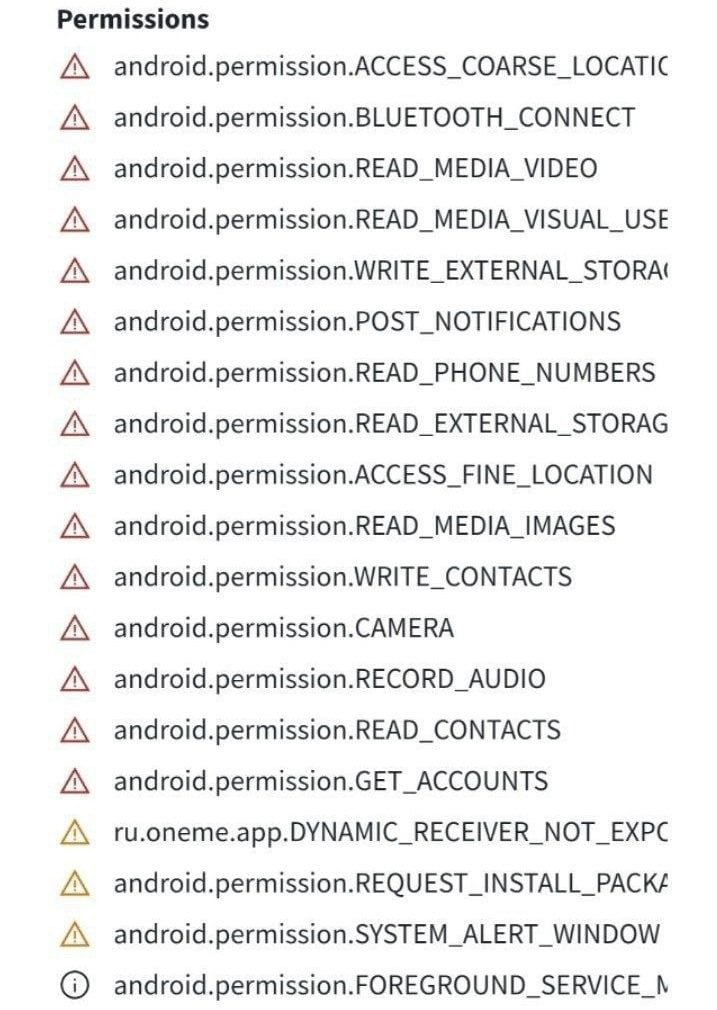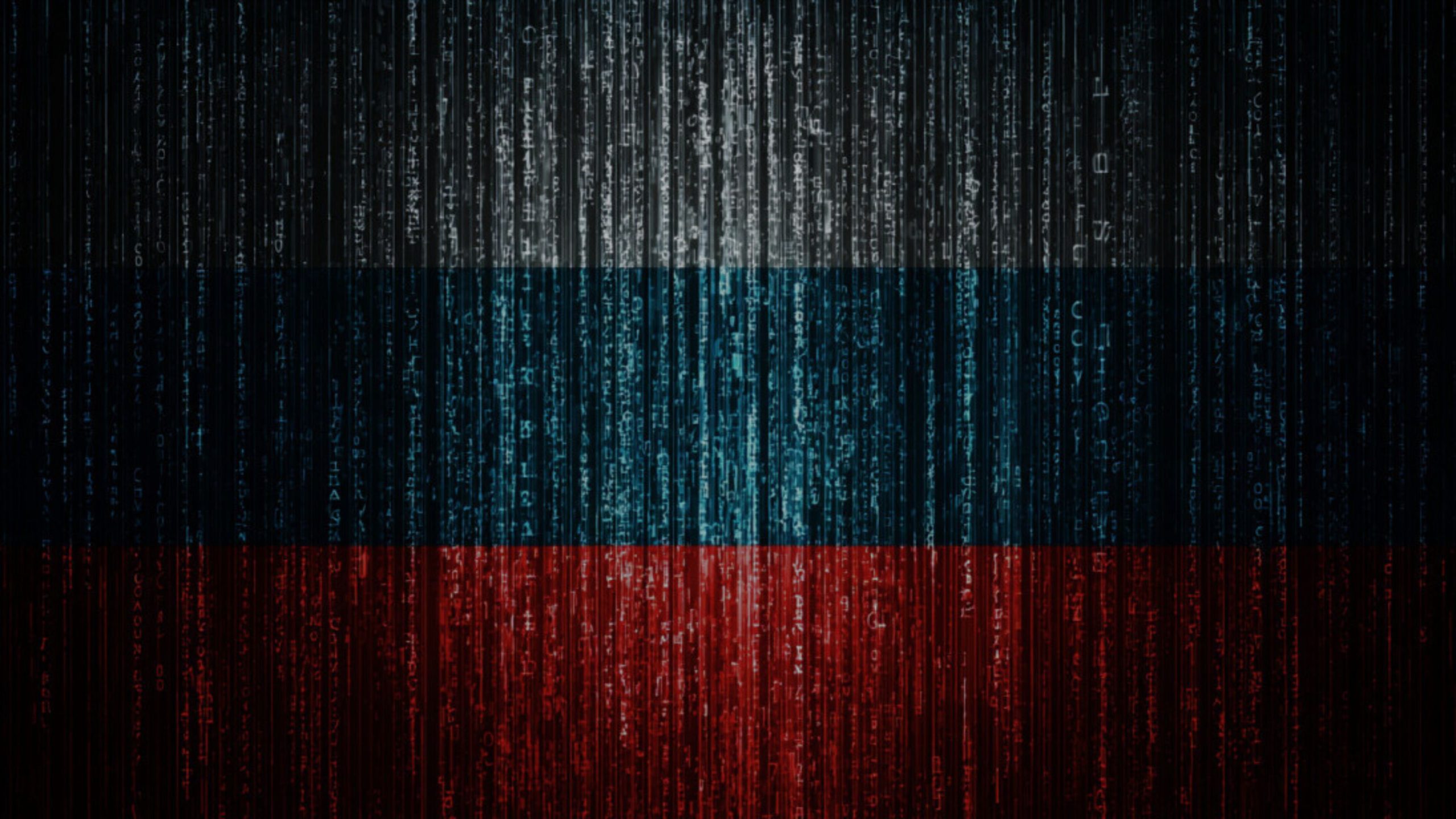Russia is intensifying its efforts to shut out foreign digital platforms, with WhatsApp now in the crosshairs of a sweeping state-led crackdown on online communication tools. Officials are promoting domestic apps tied to the government while framing foreign services as threats to national security.
Anton Gorelkin, a senior member of the Duma’s information technology committee, issued a stark message last week: “It’s time for WhatsApp to prepare to leave the Russian market.”
He noted that Meta, which owns WhatsApp, is officially designated as an extremist organization within Russia. That label has already led to the bans of Facebook and Instagram, which were blocked after Russia launched its invasion of Ukraine in 2022.
In the wake of new legislation signed by President Vladimir Putin, Russian authorities are accelerating the rollout of MAX, a state-supported messaging platform designed to integrate with government services.
The law reflects an expanding push to replace global communication platforms with state-controlled alternatives.
Russian lawmakers last month approved the new bill aimed at launching the national messaging platform, consolidating state control over digital communication, and expanding Russia’s ambitions for a centralized digital ecosystem.
Passed by the State Duma on June 10, the legislation authorizes the creation of a state-sanctioned messaging tool described as a “multifunctional information exchange service.” While it reportedly resembles platforms like WhatsApp in form, the proposed app would also serve administrative and legal functions, including the ability to sign documents with digital signatures.
VK, Russia’s leading social media company, is a key player in the project. VK is under the control of a business figure with strong Kremlin ties, aligning the project closely with state interests.
A quick look at the state-backed Max app on Android reveals that it requires users to allow a wide number of permissions to use and also demands broad access to an extremely wide range of user data, including camera, audio, contacts, calls, location, and more.

This comes as part of a broader effort by Russian officials to limit the influence of foreign tech firms and establish greater sovereignty over the digital space, all while cracking down on privacy-focussed tech; not that WhatsApp should be considered such.








